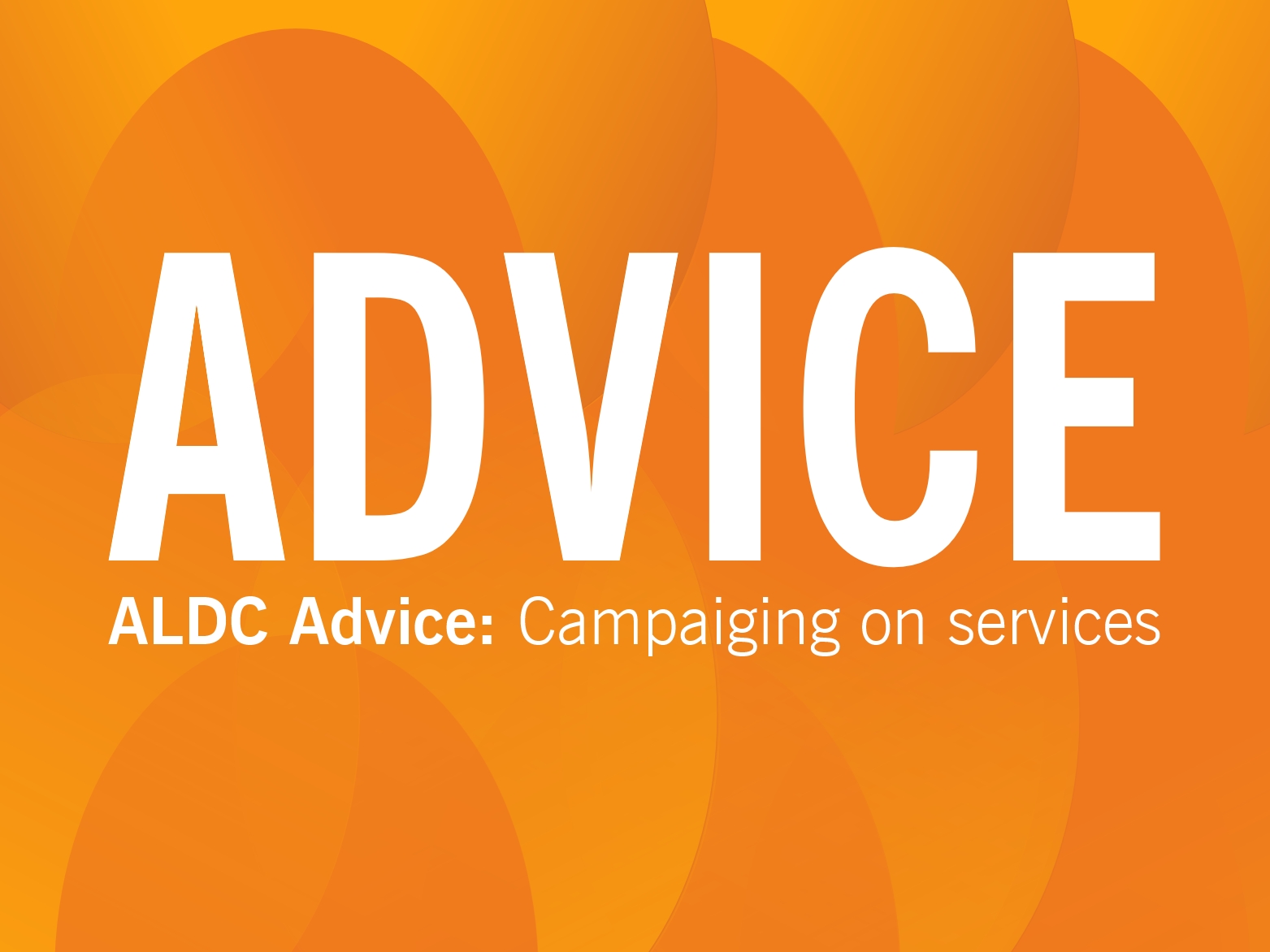
As the financial impact of the Covid-19 crisis becomes clearer, councils across the United Kingdom are looking at the damage that has been done to their budgets. The reality of this is that many councils will be looking to close local services.
As campaigners, it is our natural instinct to want to protect that services that our residents rely on. The coming months are likely to provide plenty of opportunities for us to do this. However, the current crisis gives a particular content to what councils are doing and we need to be aware of that. There are some tips that we should always follow when campaigning to protect local services but we wanted to update these to reflect the current situation.
1. Be accurate
Being seen to scaremonger is one of the quickest ways to lose both the trust of residents. There is absolutely nothing wrong with explaining what a council is proposing and why it would be a bad idea but we must be able to back this up with evidence. Make sure that you have read the proposals thoroughly and more than once – its always good to get someone else to have a look as well and compare notes.
Don’t rush your communications. But do act quickly, particularly with petitions to make sure you are ‘the’ petition not just a Johnny come lately.
2. Be clear
We’ve explained what is being proposed and why it will have a negative effect but what is our alternative? This is particularly important now when people understand that the global situation is fragile. Simply arguing that a council is refusing to fund something could, at best, be ignored by residents and may even anger some people who see it as a pointless attack.
Instead, we should look for obvious inefficiencies and point them out and try to develop an alternative solution that has credibility.
3. Use the platforms available to us
Over the past few months not being able to knock on doors has taken away one of our key campaigning tools. This means that we have to utililse the other tools available to us. Recently we have spoken about social media as a campaigning tool and we should also be using email addresses that we have collected in a GDPR compliant way to keep in contact. Press releases are sometimes overlooked in favour of more ‘modern’ techniques but, particularly where this is a strong local press, they are a good way of raising awareness.
We are now able to deliver printed materials in England, Scotland and Wales and we should be taking advantage of this. A survey can be a particularly good way of gaging the opinion of residents, whether on a range of issues or a narrower set of questions.
Asking the opinion of residents on the possible loss of services is both an excellent way to collect data and can be seen as a less confrontational way of raising the issue. Especially when an issue may be controversial within the community, it can be useful to get feedback before making bold statements. Again, there is merit in not rushing and taking the time to assess the situation.
Petitions and surveys are vital for collecting data quickly and efficiently, particularly in these difficult times. We recommend producing online and paper versions of any petition and advertising it through everything you can find. Often petitions need to gain traction quickly to be successful so make sure you’ve got a plan in place to communicate if you suddenly get the backing of thousands of local residents.
4. Be consistent
Once we have decided that preserving a local service, or services, is going to be a key part of our campaign, we need to generate and maintain the momentum behind the campaign. Regularly updating our residents on how the campaign is progressing makes both the campaign and us look credible. Being aware of what people are saying, and how opinions may be changing, will allow us to develop our messaging. What we want to avoid is having to drop a campaign – this shows a misjudgment on our part and risks losing us credibility with residents that felt we were wrong and also with those who agreed with us but now feel that we have let them down. As we have said, research and listening to residents can help us to avoid this.
Even if we don’t ‘win’ a campaign and a local service is lost, we can, and should, take credit for having raised the issue, fought it and stood up for our residents. We won’t win every battle and the majority of residents recognise this. However, they do expect us to represent them and to try – this can often bring us as much good will as a successful result.
5. Use the correct language
Don’t talk about ‘local services’ talk about the specific service.
If you’re losing a swimming pool or gym say ‘Stop the Labour Council closing our gym!’ not ‘Labour Council Service Cuts’. As always be descriptive and clear.
Some of you may find that lots of things are being closed or cut. Do not be tempted to amalgamate that loss under a ‘Service Cuts’ banner. What people care about is specific things, gyms, fire stations, police stations, libraries so mention them by name.
Don’t forget to focus on the end user when you talk about the cuts. Who is it that will suffer when they gym closes? Or when the library closes? Try and engage with those residents, have them explain why they don’t like the cut and get them to back your campaign in quotes or in the letters page of the paper.
Be emotive in your language and explain with emotion first and numbers second.